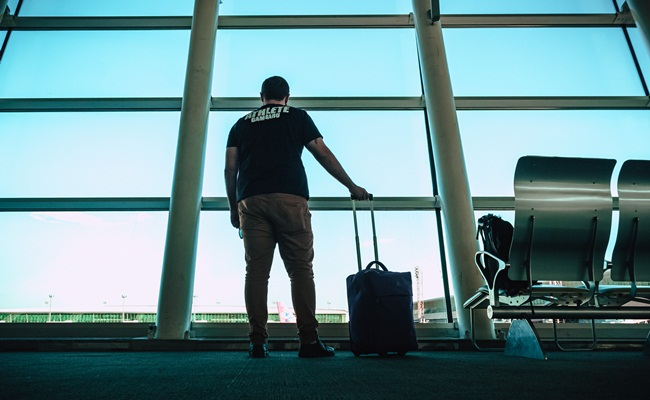How branding and naming your business can actually impact the feasibility of running your business in the travel industry through highs and lows.
Businesses in the travel industry have seen a lot of ups and downs since 2020. The global agenda from the World Economic Forum reveals that 2022 saw a major jump in tourism because of a desire to recover from lockdowns, but it still pales in comparison to the $4.5 trillion GDP loss in 2020 at the height of the pandemic.
During this cycle, businesses had to pivot and adapt in order to make it through. Many changes had to be rolled out steadily and quickly, particularly when it came to digital adoption, sustainability, safety, and infrastructure. All of these factors played into the major goal of keeping one’s brand afloat despite tumultuous changes.
This begs the question of how branding and naming your business can actually impact the feasibility of running your business in the travel industry through highs and lows.
Embracing the power of the digital space
Digital adoption has become a massive priority for businesses in the travel industry, and the effects of the pandemic have only hastened this necessity. ICT readiness is what has enabled some of the biggest brands to stay afloat despite the economic and societal shifts that have rocked the world in recent times.
In our article on 'Starting a Business in the Tourism and Travel Industry', we note how some of the most viable models include local and international tours. This particular sector of the travel industry has managed to maneuver through the pandemic by moving to a virtual space. While restrictions hinder would-be visitors from going in person, businesses have survived by providing immersive online experiences at a reasonable price.
Simply look at Forbes list of the best virtual tours in the world to see some of the great success stories. Airbnb Experiences hosts a variety of sessions from around the world with a range of costs depending on the intricacy of the tour or event. Indagare also has a popular virtual wine-tasting tour that is priced on request. They pivot to a digital platform while hinging on the existing credibility that their brand name has established.
Small and new businesses in the travel industry have also thrived by leaning into what the digital space offers. It all comes down to establishing a brand that is relevant and visible. The business name generator at Namechk is one of the essential digital tools that have contributed to new entries in the field, primarily because it uses artificial intelligence to create a catchy name relevant to the businesses while also automatically checking for any duplicates or existing businesses using similar names. By immediately strengthening the online brand, businesses have been able to pierce the relatively saturated travel industry.
Understanding the brand in the midst of change
Whether directly related to tourism, selling travel goods, or providing services in that arena, it’s essential to create a distinctive brand that consumers will remember.
Not only has tech simplified travel and made it accessible on a wider scale, but it also enables businesses to stay relevant and keep their name top-of-mind amidst a huge media landscape. Tech has largely changed the way people travel, trickling down to even their decision-making on when to go, where to visit, and what to do. A report from CNBC even notes that one in three travelers</a> use social media as a reference for holiday travel inspiration. The statistics also show that a majority of those interested in travel will share it on socials and also be more likely to go on a trip if they see photos and videos of the space posted.
This is where establishing a name that ties into the brand takes a larger role. Whether or not a user will actually follow through on their decision to transact will depend on how appealing and accessible your name is. Some things to consider: Are you memorable? Are your brand materials engaging? Can you easily be found if searched online?
Consider the widely successful Trivago campaign, which cemented the brand in the minds of consumers throughout the changing times. Despite unavoidable net losses, the German company still experienced a 33 percent year-on-year increase in Q3 of 2022. Their representatives have noted that this growth is due to not just the travel industry’s recovery but also their increased effort in marketing and pushing their brand.
More niche examples include The Mushroom Dome, which maintained its position as the world’s most booked BNB property despite the pandemic. Beautiful as the location is on its own, it has survived and remained marketable because of how heavily it leans into its majestic brand – accessible, natural, unique, and the perfect dome away from home.
The impact of a solidified business name that has been connected to a viable online presence cannot be understated. Experts note that this link to digitalization will only further progress in the coming years as travelers rely heavily on the internet for their research.
































































































































































































































